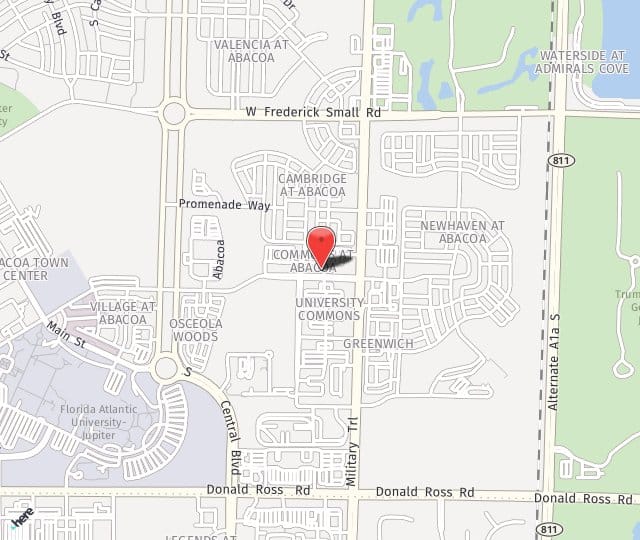Facial fat grafting (also called "autologous fat transfer") involves removing a portion of a person's excess body fat and placing it into another area of his or her body that needs more volume. When used for the face, it can restore lost volume in the lips, temples, cheeks and chin. Fat transplantation is effective in treating sunken areas, lines, wrinkles, creases, acne scars and other issues caused by the decrease in volume that results from aging, sun damage and other conditions.
Liposuction is used to remove the fat, which often comes from an area that the patient wants contoured; the abdomen, buttocks and thighs are often donor sites. The fat is then processed and purified before being injected. Both the injection site and the liposuctioned area are numbed with local anesthesia prior to treatment. Unlike with other fillers and volume-enhancing treatments, because fat is taken from the patient's own body, there is no risk of allergic reaction or rejection.
The Fat Grafting Procedure
During fat grafting, fat is removed using liposuction, in which a cannula (a thin, hollow tube) is inserted through small incisions, and then moved back and forth to loosen excess fat, which is suctioned out using a vacuum or a cannula-attached syringe. The fat is then purified, and injected into the treatment area. Fat grafting is performed on an outpatient basis and the length of the procedure varies depending upon the extent of the treatment.
After fat grafting, most patients experience mild swelling and bruising, which can be kept to a minimum by applying ice.
Risks of Fat Grafting for the Face
Although fat grafting is generally considered safe, risks include the following:
- Infection
- Bleeding
- Scarring
- Nerve damage
- Under- or over-correction
Studies show that results of fat grafting are greatly dependent on a surgeon's expertise and technique, particularly in regard to the harvesting of fat.

